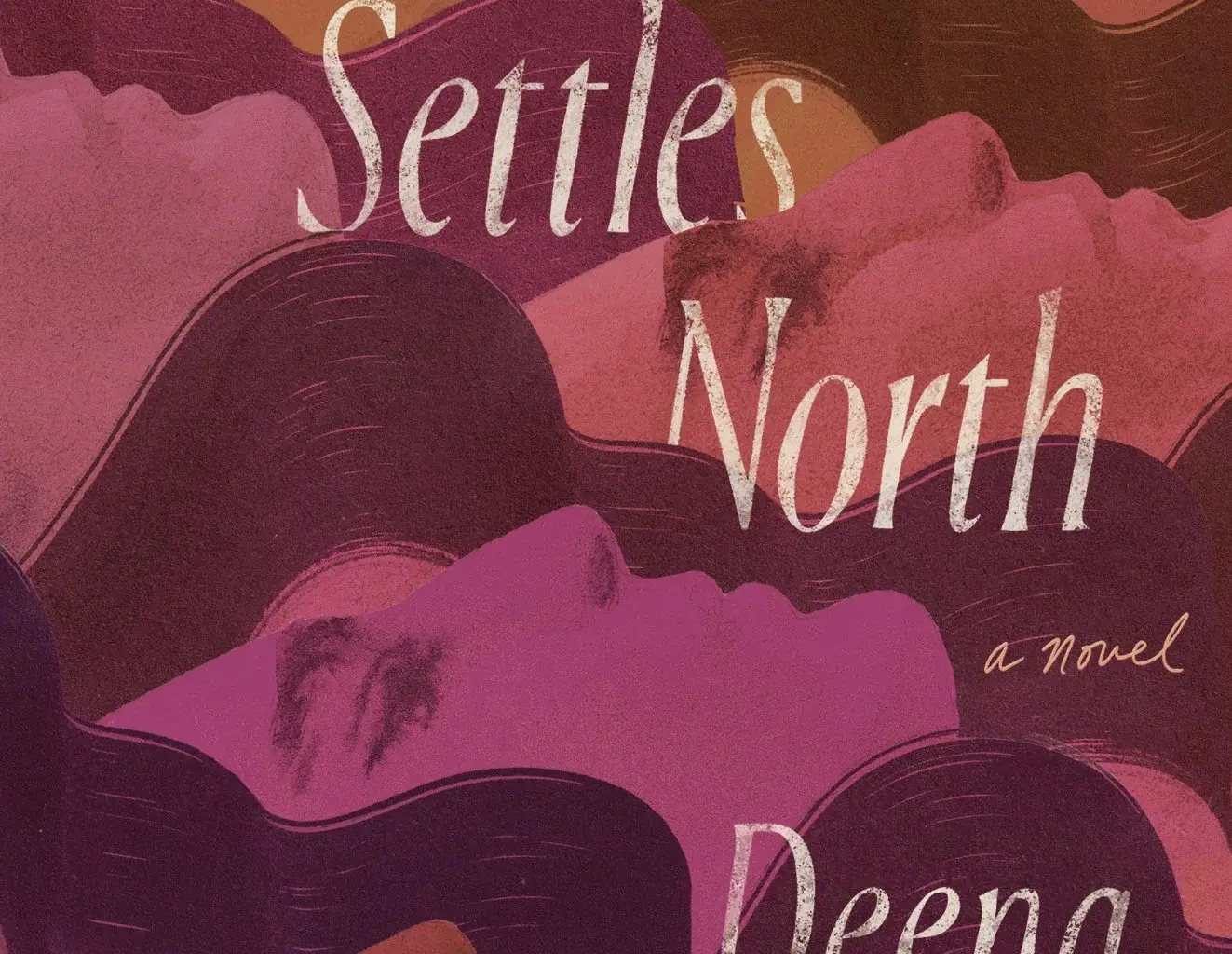Rail: In popular media, we see the stereotype of returning to the homeland as some sort of panacea—a simpler, more rooted way of living. But life “back home” is often just as complex or rife with issues, if not more so, than in the “new place.” What stereotypes or preconceived notions did your characters find themselves confronting about Egypt?
ElGenaidi: There’s a stereotype in some cultures where the “homeland” is this innocent and wholesome place, whereas America and American culture corrupts you. I grew up with the idea that people in Egypt are more religious, they don’t drink, they don’t do drugs, they don’t even date. So when my characters go to Egypt, they find that that’s not true. Egypt is just like anywhere else. Teenagers are dating and having sex. People are drinking, but maybe they’re a little more discreet about it because of religious reasons. They go out, they party. The characters realize this idealized version of Egypt, or the homeland, that their parents sold to them never actually existed. Their preconceived notions get shattered, basically.
Rail: What do you think is still missing or misrepresented in American media about Muslim or Arab-American culture and communities?
ElGenaidi: There’s so much still missing. There’s still very little Muslim or Arab-American representation that doesn’t have to do with terrorism. That’s partly why I wanted to write this story. I never saw myself represented in anything growing up, and maybe that’s why I wanted so badly to assimilate. When the show Ramy came out, that was huge for me because for the first time, I saw a family like mine on TV, and I felt it represented us so well. But Ramy also got a lot of criticism in the first season from Muslims who said the show did not represent them, which just goes to show we need more media about Arabs and Muslims. Ramy Youssef responded to the criticism by saying he was trying to show his own experience and not the experience of all Muslims, which, yeah, of course. There’s no way for one show to represent all of us.
Rail: You’ve been quite active politically, advocating for Palestinian rights and against the genocide in Gaza. While I know you started writing Dust Settles years ago, is there added resonance or tension with the book coming out now in light of everything happening not just in Palestine, but in the Arab countries surrounding it, Egypt included?
ElGenaidi: Yeah, there’s a lot of protest in the book, and that’s very resonant with the protests happening all over the world right now. I also think if the book took place today, Hannah would be participating in and helping organize those protests for Palestine, whether it be in Egypt or America. Both places right now are dangerous to protest in. The Egyptian government arrests people, and you might never know where they went or what happened, and now, in America, they do the exact same thing. It’s no longer safe for anyone here.
Rail: Toward the end of the novel, we see Zain turning toward prayer as a salve, as Hannah grows in her work as an activist. Can you talk about the role of faith in finding purpose?
ElGenaidi: Hannah and Zain grow up Muslim, but they have trouble reconciling who they are as adults with the religion they were taught. They both break many of the rules of Islam, and the way they’re brought up is that if you don’t follow certain rules, then you’ve failed at being Muslim. It becomes an all or nothing mindset. Because of that, we see them kind of reject faith.
Eventually, though, Zain turns to prayer. He hits rock bottom and doesn’t know what else to do, so he reaches for what he was taught as a kid. I wouldn’t say that faith ends up giving him purpose because he never becomes very religious or does a deep-dive into Islam or anything, but the act of prayer becomes a sort of familiar meditation for him. Instead of entirely rejecting his upbringing and his religion, he takes pieces of it to help ground himself.
Rail: There’s something beautiful in the idea that instead of forgetting the past, we can integrate and make it our own, then roll it forward. It feels like a part of ancestor work to me. What did Hannah, and even Zain have to work out that couldn’t have been done in the US, or even maybe with their mother alive? Do we have to return to the past to arrive in the future?
ElGenaidi: After their mother dies, Hannah and Zain begin to learn more about her outside her role as wife and mother. For some of that, they definitely do need to go to Egypt because that’s where her story took place. There’s archives of their mother’s past in Egypt, and they’re confronted with the people who were once closest to her.
Hannah, in particular, begins to recognize the similarities between her and her mother, and she forges down a path that she probably wouldn’t have otherwise. So maybe we do have to return to the past to arrive in the future. The past always has something to teach us.

